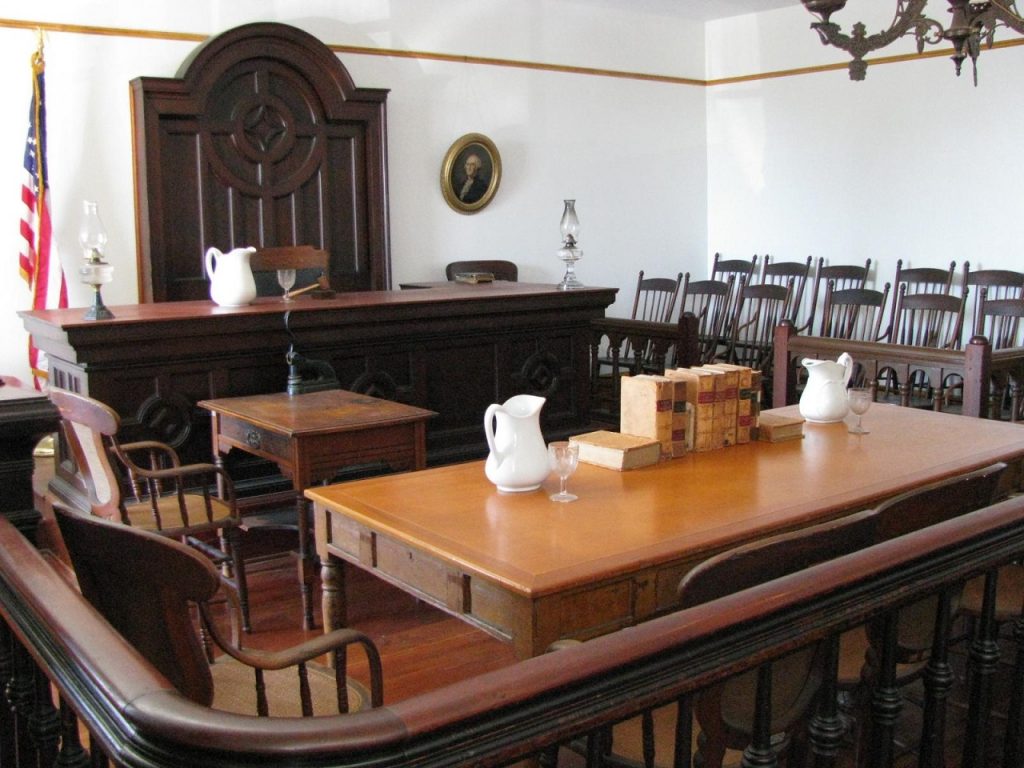Dr. Michael J. Reinstein, 69, allegedly made thousands of clozapine (a potent psychotropic medication) orders for his mentally ill patients in area nursing homes.
On Thursday, November 15, he was sued by federal authorities for committing a fraud and pocketing kickbacks from pharmaceutical pharmacies. The U.S. attorney Gary Shapiro said that the case of Dr. Reinstein was the largest civil case claiming prescription drug fraud against one individual in Chicago.
Here is the article that will be helpful for those who wish to know more about doctors and pharmaceutical companies ties.
According to the authorities, Reinstein is claimed to submit about 140,000 false claims to Medicaid and Medicare for antipsychotic medications. He prescribed medications (brand-name Clozaril first and its generic form clozapine later) based on the kickbacks from drug companies, not on his patients’ medical need. On the top of that, there were about 50,000 more allegations to both agencies saying that he closely monitored his patients’ health conditions across 30 area nursing homes and other long-term facilities.
If federal authorities will prove all the claims against Dr. Reinstein, a total that he will have to pay could easily reach several millions of dollars, because of significant civil fines for each of the 140 thousand false claims and triple damages under the False Claims Act. However, Reinstein guilt has to be proved first and the investigation is still continuing.
The two-part series of the joint investigation by ProPublica (nonprofit journalism group) and Chicago Tribune found that Dr. Reinstein used a highly risk medication for assembly-line care for his patients. Using of clozapine would be at the heart of the lawsuit filed after three years after the investigations. As for now, use of that medication is linked to at least three deaths. It is shocking, but in 2007 Reinstein made more prescriptions for the drug than all Texas doctors combined, according to the investigation. However
Companies and kickbacks
According to ProPublica and Chicago Tribune investigation, clozapine has serious side effects, like increased seizure risk and heart enlargement. Reinstein had more than a thousand individuals taking that medication at any time prior to August 2003, despite its status of “last resort” drug.
The suit said when Novartis pharmaceutical company lost its patent for Clozaril in 1998, a lot of generic forms were launched on the market. However, Reinstein ignored their occurrence and, regardless the drug company and pharmacies resistance, continues to prescribe the brand-name medication and so continued to be the largest prescriber of Clozaril to Medicaid members in the U.S. In 2003, Reinstein was notified that the company would no longer support their drug and the regular kickbacks from Novartis were ended.
Reinstein was lucky and got the proposal from IVAX Pharmaceuticals to promote their generic medication clozapine for $50,000 one-year payment in the same year. Under the same “agreement”, IVAX Pharmaceuticals paid Reinstein’s nurse to promote the drug as well and funded a Reinstein-affiliated entity study. He started to switch his patients from Novartis’s brand-name Clozaril to IVAX Pharmaceuticals generic clozapine right after the kickback from the last company. After some time, Reinstein became the largest prescriber of clozapine, according to the suit.
Because of its side-effects and need of close supervising, clozapine is not a commonly prescribed medication in the U.S. Most of health care providers use clozapine if other medications or therapies were not effective. According to the government, Dr. Reinstein was pocketing kickbacks and so he had more than half of the patients taking the medication as a commonly prescribed one. For example, he had about 300 out of 400 patients on clozapine at one area nursing home.
$50,000 a year as payment for the “agreement” is not the only payment Reinstein received. IVAX paid for his and his associates’ meals, airfare, some of the entertainment expenses. According to investigators, the company also paid for his travel to IVAX headquarters in Miami. The government said that during another trip to Miami, he had two dinners for $2,800 in total, $800 boat cruise, golf outing. On the top that he received $50,000 annually from IVAX in the period from 2003 to 2006, according to the government allegations.
In 2006, IVAX Pharmaceuticals became Teva Pharmaceuticals (an Israeli company) subsidiary. After that event, Teva paid for Dr. Reinstein and his associates’ trip to Miami, which included boat cruise that cost about $2,300. In 2007 Dr. Reinstein got another agreement for the same amount of $50,000, according to the suit. In 2009, Dr. Reinstein contacted Teva Pharmaceutical and asked to stop the payments, right after the investigation by ProPublica and Chicago Tribune was published, stated in the suit.
A spokeswoman for Teva Pharmaceuticals pointed out the cooperation between the government investigators and the company. She also said that clozapine was an important medication used for the treatment of schizophrenia in patients who failed the standard therapy and regardless the medication effectiveness, which was proved for that indication, medical supervision was required because of serious side effects possible when taking the drug.

